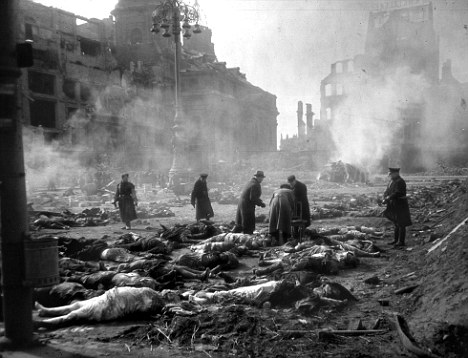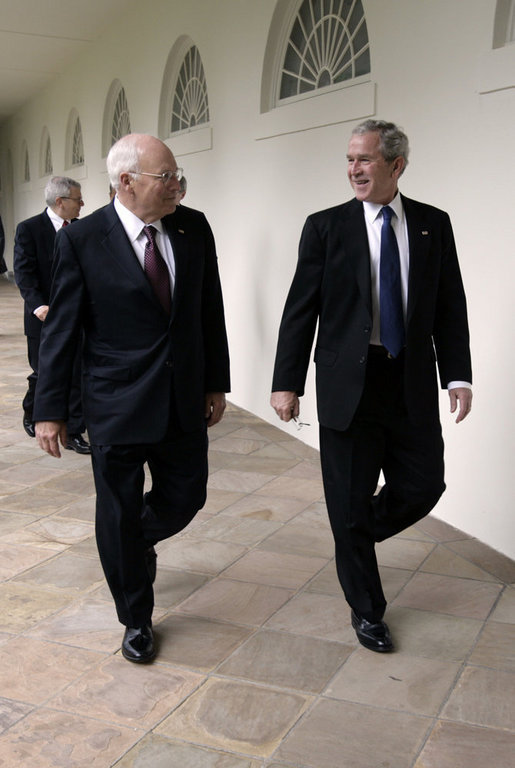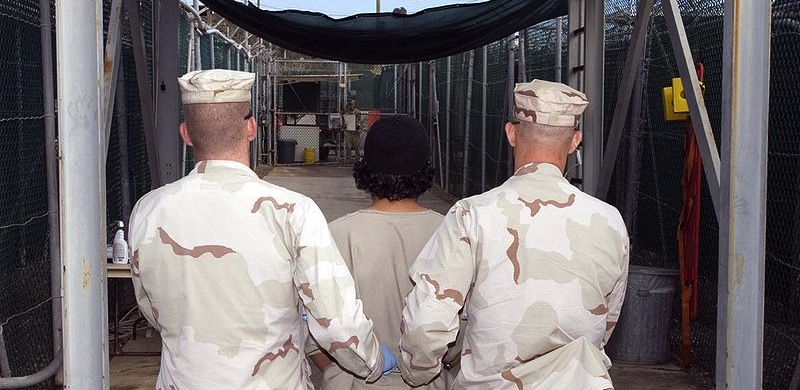Chicago, IL
Judge Thaddeus Wilson – holding down the house in Room 303 of the Cook County Courthouse in Chicago, IL – ruled the Illinois terrorism statute constitutional on its face.
This ruling was issued approximately two months after the attorneys defending the three clients known as the “NATO 3” issued a motion and memorandum arguing the law defied the dictates of the First Amendment because it is overly-broad as currently written, an argument rejected by Wilson.
Thus, it was confirmed that the three activists – Jared Chase from Keene, NH; Brent Betterly from Fort Lauderdale, FL; and Brian Church also from Fort Lauderdale – who were in the Windy City to protest the May 2012 NATO Summit will be charged by the State of Illinois with three counts of “conspiracy to commit terrorism,” “material support for terrorism,” and possession of an incendiary device (allegedly molotov cocktails) to “commit the offense of terrorism.”
“Mo” and “Gloves”
Mentioned only obliquely by Wilson in his ruling: two undercover police informants who played a role in pushing the terrorism plot forward, potentially manufacturing it wholesale and then slapping the label “terrorism” on it.
Known in Chicago activist circles in the run-up to the NATO Summit as “Mo” and “Nadia”/”Gloves,” Nadia is mentioned directly but not by name in Wilson’s ruling as someone “believed [to be a] co-conspirator” when Church asked her if she was “ready to see a cop on fire” in the days leading up to the Summit.
“Nadia” wore a hidden recording device while having a slew of meetings with the “NATO 3” from May 1-May 16, 2012, the audio from which has been used as the evidence for the prosecution of the three.
“We think the terrorism charges should’ve never been brought in the first place,” Michael Deutsch of the People’s Law Office, an attorney co-representing Brian Church with Gelsomino, said in an interview. “It’s not a terrorism case, it never was and it never should’ve been – it’s politically-motivated use for improper purposes.”
The Scene From Within
The hearing unfolded roughly a week after a key oral argument between the two parties, lasting a mere 15 minutes in a small circular room featuring a painting of Martin Luther King, Jr. resting on the wall behind the left shoulder of Judge Wilson. Held in a room sealed off by sound-proof glass, the sound inside the courtroom was projected via a microphone and the speakers sitting on the other side of that glass.
Three uniformed police officers sat with the defendants in the front room and another four stood with the audience in the glassed-off back room featuring two columns of wooden church-like pews that ran three rows deep. Roughly 20 Chicago-area activists came out in support of the activists, many of them donning yellow shirts in solidarity with the “NATO 3,” two out of three who were also ushered out in yellow “protective-custody-level” IL Department of Corrections (DOC) prison garb.
“It’s what a lot of scholars and people who pay attention to national security call the ‘new normal.’ That is, because the terrorism statute is in play, you end up having police officers sitting in bullet proof vests in the court room,” attorney Thomas Durkin of Durkin & Roberts, representing Jared Chase, said in an interview. “Over time, you’ve got what legal scholars call ‘seepage,’ in which these ‘new normals’ start seeping into the court room incrementally.”
The hearing had an ominous feeling from jump street, with the State of Illinois bringing a nine-person cadre to Chicago, much bigger than the usual three-person team attending the hearings so far. Prior to the hearing’s commencement, People’s Law Office attorney Sarah Gelsomino, co-representing Brian Church, came to the attendants’ gallery and told supporters to remain calm because the ruling would likely not be favorable – a doomsaying hypothesis which merely 15 minutes later proved true.
Court Date Set for Two-Year Anniversary of Occupy Wall Street
Two other activists charged with similar crimes, Mark Neiweem and Sebastian Senakiewicz – part of the broader “NATO 5″ – also are still sitting in Cook County Jail with the “NATO 3” awaiting their final destiny. The Jail was under federal investigation for its conditions in 2008.
A final trial date for the “NATO 3” is still set for Sept. 16, 2013, the day before the two-year anniversary of the launch of the Occupy Wall Street movement.









 The invasion of Iraq occurred in spite of protests of millions of people around the world. Massive demonstrations took place in the months leading up to the war. On Feb. 15, 2003, there were protests in more than 1,000 cities and on every continent. Never before had such a huge antiwar movement sprung up before a war had even begun. At the time, The New York Times described this global peace movement as the world’s “second super-power.”
The invasion of Iraq occurred in spite of protests of millions of people around the world. Massive demonstrations took place in the months leading up to the war. On Feb. 15, 2003, there were protests in more than 1,000 cities and on every continent. Never before had such a huge antiwar movement sprung up before a war had even begun. At the time, The New York Times described this global peace movement as the world’s “second super-power.”

 “The woman, who remains undercover and cannot be named, was put in the top position on an acting basis when the previous chief retired last month,” reports
“The woman, who remains undercover and cannot be named, was put in the top position on an acting basis when the previous chief retired last month,” reports